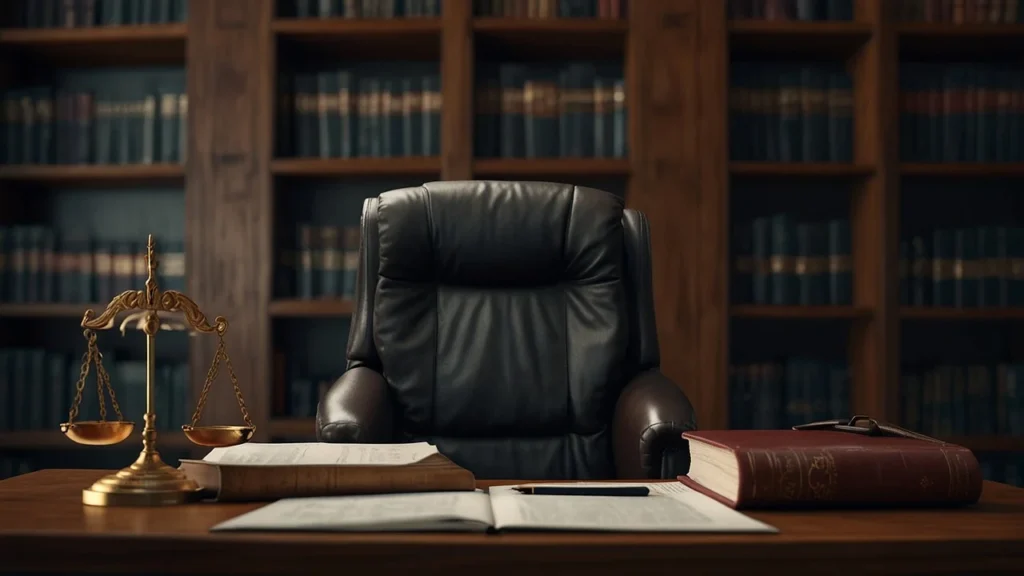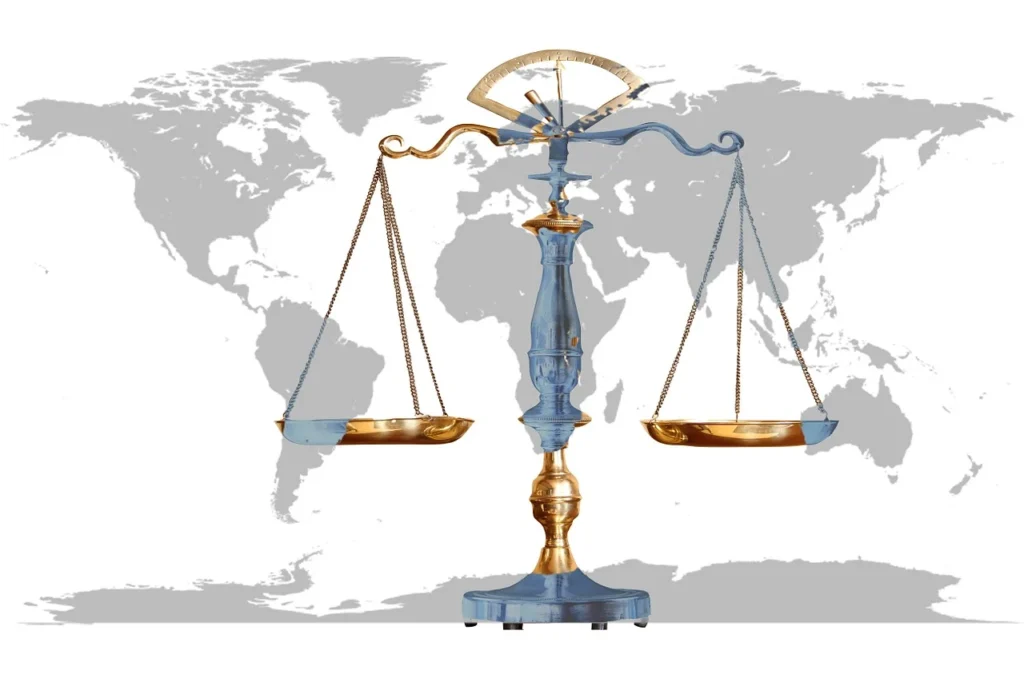Happy To Discuss About Your Requirement

PHONE NUMBER
+918053650037
bharatbhushan2569@gmail.com
Criminal Law
Understanding Criminal Law


Our Commitment
At Advocate Bharat Bhushan Choudhary, we are committed to defending the rights of our clients with diligence and integrity. Our extensive experience in criminal law allows us to navigate the legal system effectively, advocating for the best possible outcomes. We understand the severe impact criminal charges can have on an individual’s life, and we strive to provide comprehensive support and representation throughout the legal process.
Understanding Criminal Law: Substantive and Procedural Law
Criminal law is divided into two primary categories: substantive law and procedural law. Each plays a critical role in the criminal justice system, ensuring that laws are applied fairly and justice is served. At Advocate Bharat Bhushan Choudhary, we are well-versed in both aspects, providing comprehensive legal representation to our clients.
Substantive Law
Substantive law defines the rights and duties of individuals and the punishments for those who violate laws. It outlines what constitutes criminal behavior and the legal consequences for those actions. This branch of law is essential in setting the standards of conduct that society must follow.

Key Aspects of Substantive Law
Key Aspects of Procedural Law:
Investigation and Arrest: Procedural law dictates how investigations should be conducted and the protocols for arresting suspects. This includes obtaining search warrants, collecting evidence, and ensuring suspects are informed of their rights (Miranda rights in some jurisdictions). Due Process: Procedural law guarantees the accused’s right to due process, which includes fair treatment through the judicial system. This ensures that individuals are given notice of the charges against them and an opportunity to be heard in a court of law. Trial Procedures: This aspect of procedural law covers the entire trial process, from arraignment to sentencing. It includes rules on jury selection, the presentation of evidence, cross-examination of witnesses, and the roles of the judge and jury. Appeals and Post-Conviction: Procedural law also provides the framework for appealing a conviction and seeking post-conviction relief. This ensures that individuals have the opportunity to challenge wrongful convictions or excessive sentences.

Procedural Law

Our Expertise
WhatsApp us